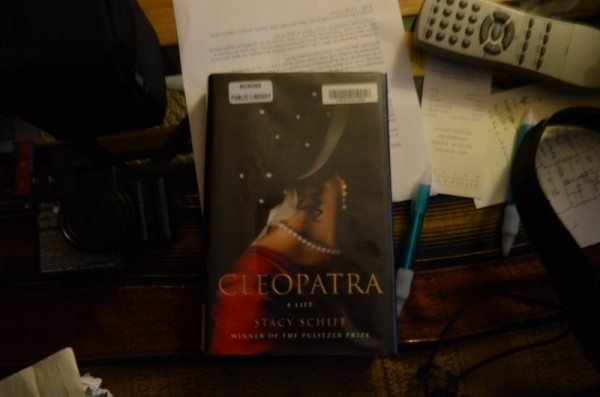
Their shared Technicolor kingdom was the extraordinary world in which Nabokov wrote his magical novels.īut the difference between them was that while Vera was a competent writer who could turn in a handy bit of translation when the need arose, Nabokov transformed the alien landscape of his psyche into a wonderland, seen through the endlessly fascinated eyes of a child. This idiosyncrasy further separated them from the dull, everyday realm of monochrome reality. They were capable of intense arguments about the precise colour of the letter ``M'' (Nabokov saw it as pink, Vera as blue), or the taste of E-flat. As much of a word-obsessive as her husband, she too possessed that strange ability known as synaesthesia, often described as ``coloured hearing.'' For both Nabokovs, words manifested themselves in colour rather than black and white. But the shabby, starving Russian refugees who flocked to Berlin between the wars had more important concerns than literature professors drove taxis, aristocrats worked as servants, and there was nobody to appreciate Nabokov's skill with the old language.Įxcept Vera. Nabokov once observed and who are we to doubt him? that he knew more about the Russian language than anyone since Pushkin. Vladimir Nabokov, arguably the most elegant wordsmith of this century, certainly the finest English-speaking novelist to reach his majority speaking another language entirely, was struggling to make a living writing Russian poetry and prose for small emigre journals in Berlin. Vera Evseevna Slonim was Jewish, clever and articulate, the strikingly handsome daughter of a wealthy St Petersburg businessman who had fled revolutionary Russia. The Nabokovs, both Russian refugees, married in Berlin in 1925 and were inseparable for the next half-century.

It's easy to believe the story that when Vladimir passed Vera the chocolates on their trips to the cinema, he would still, after all their years together, pause to stroke her hand for a moment before handing her the bag.

The photo is the very image of that deeply unfashionable condition, marital bliss. They lean towards each other across the table, completely absorbed, a closed circle of two. Vera's hair is white, Nabokov's head is bald.

Her hand is delicately poised to pick up her queen. They're playing chess, silhouetted against the light.

Vera (Mrs Vladimir Nabokov) By Stacy Schiff Picador: £25 For the author of `Lolita' she was disciple, bodyguard, secretary, handmaiden, monitor, groupie and courtier, writes Djinn GallagherĪ TYPICAL photo of Vera and Vladimir Nabokov shows them sitting on either side of a small table, on the balcony of the Swiss hotel where they spent the last 20 years of their lives.


 0 kommentar(er)
0 kommentar(er)
